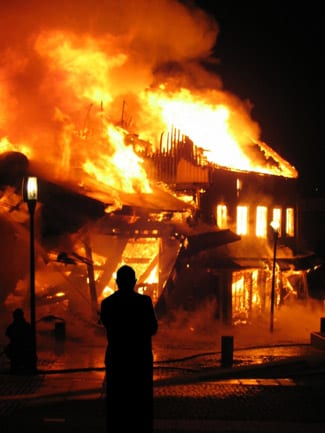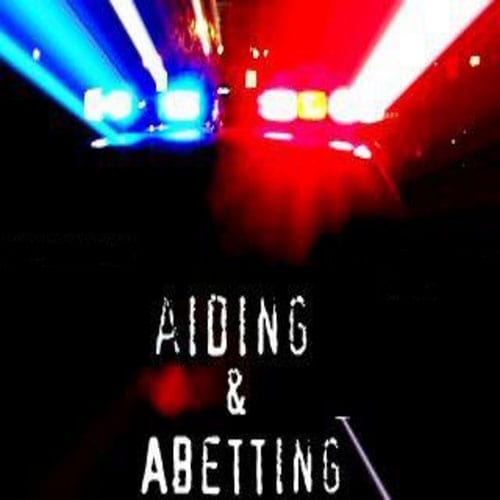by Cornett Law Office | Nov 12, 2014 | Areas Of Practice
Robbery: Definition and Background Many states define robbery as theft/larceny of property or money through the offender’s use of physical force or fear against a victim. Where a deadly weapon such as a gun is used or the victim suffers injury, the robbery may...

by Cornett Law Office | Oct 29, 2014 | Areas Of Practice
Insurance fraud occurs most often when an insured individual or entity makes a false or exaggerated insurance claim, seeking compensation for injuries or losses that were not actually suffered. Insurance fraud can also be committed upon customers, through 1) the sale...

by Cornett Law Office | Oct 28, 2014 | Areas Of Practice
Felonies are deemed the most serious class of offense throughout the United States. Many jurisdictions separate felonies into their own distinct classes so that a repeat offender convicted of committing a felony in a heinous fashion receives a more severe punishment...

by Cornett Law Office | Oct 28, 2014 | Areas Of Practice
What is Arson? Arson is defined as the willful and malicious burning or charring of property. There are many types of arson crimes, including setting fire to one’s property with fraudulent intent–such as to collect insurance money. While the majority of...

by Cornett Law Office | Oct 28, 2014 | Areas Of Practice
A criminal conspiracy exists when two or more people agree to commit almost any unlawful act, then take some action toward its completion. The action taken need not itself be a crime, but it must indicate that those involved in the conspiracy knew of the plan and...

by Cornett Law Office | Oct 28, 2014 | Areas Of Practice
A criminal charge of aiding and abetting or accessory can usually be brought against anyone who helps in the commission of a crime, though legal distinctions vary by state. A person charged with aiding and abetting or accessory is usually not present when the crime...





